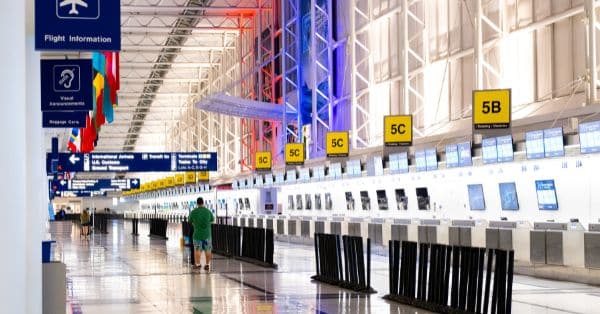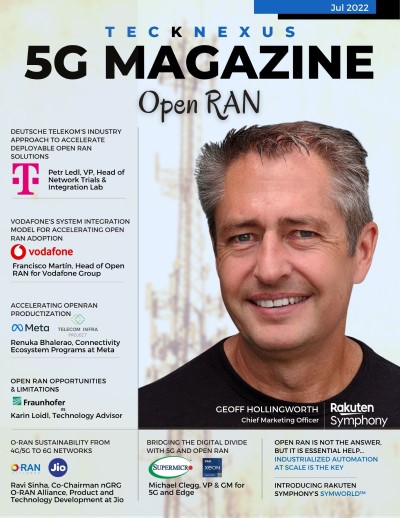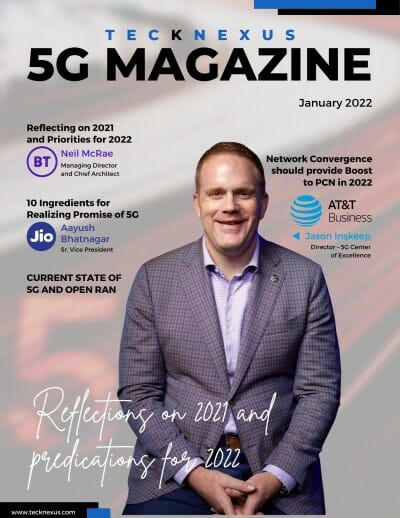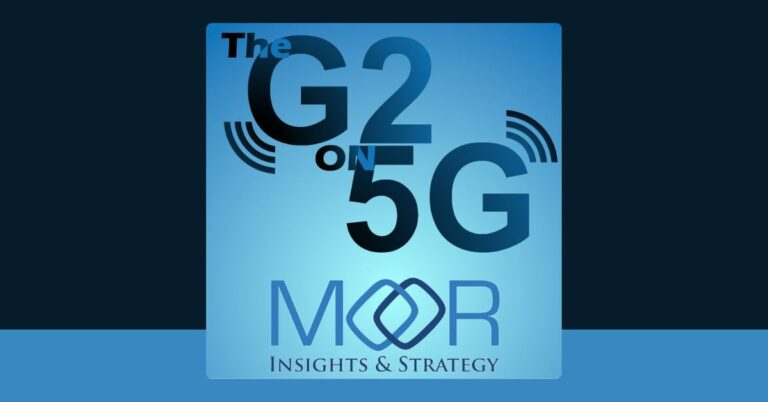Dallas Fort Worth International Airport (DFW) unveiled a new collaboration with AT&T, to supply the airport with a state-of-the-art comprehensive wireless platform (CWP) aimed at improving connectivity and crucial infrastructure. In the proposed agreement, AT&T will allocate $10 million to upgrade, modernize, and expand the network encompassing the airport, supporting airport operations, and enhancing the free public Wi-Fi in the terminals. This will involve the installation of 200 additional access points and the upgrade of the existing 800 access points at DFW, ensuring superior coverage and faster connection speeds for users. AT&T will also establish a dedicated 5G network for the airport‘s internal use to cater to the growing need for Internet of Things (IoT) applications and airport operations digitization.
Mike Youngs, DFW Airport’s Vice President of Information Technology Services, emphasized the importance of connectivity for customers, stating that the agreement demonstrates the airport’s dedication to ensuring consistent connectivity for work or leisure purposes.
The CWP will offer improved connectivity in various airport areas, including indoor and outdoor spaces, parking facilities, and runways. This enhanced connection will enable passengers to access airport services more quickly through the DFW Airport or airline app, such as automated check-in, baggage tracking, and lounge access.
The exclusive 5G network will deliver increased reliability, security, lower latency, and higher capacity, granting operations teams ideal connectivity for potential applications like real-time data analytics and improved communication with crucial airport systems. This will enable the airport management to oversee better and regulate passenger traffic, security systems, and baggage handling, ultimately boosting efficiency and safety.
Jason Inskeep, Assistant Vice President, 5G Center of Excellence at AT&T, stressed the importance of focusing on modernizing airport technology to enhance efficiency, convenience, and safety. He expressed pride in collaborating with DFW Airport and anticipates a continued partnership in delivering top-notch connectivity solutions.
DFW and AT&T plan to initiate network upgrades this summer, with improvements expected to be operational by fall. The project’s completion hinges on a final contract between AT&T and DFW.

























































